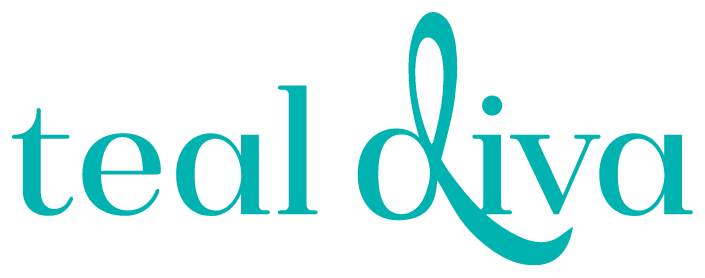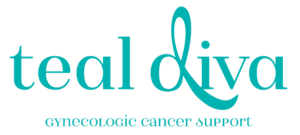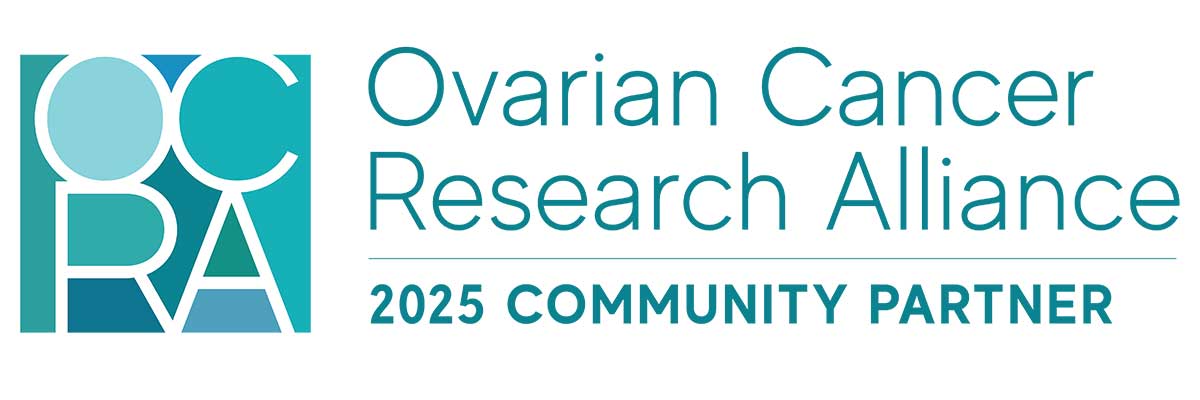By Claire Wentz
Feeling Whole Again: Everyday Wellness Strategies for Life After Cancer Remission
Remission isn’t the end. It’s a new beginning you didn’t ask for — but now you’re living it. There’s no parade, no guidebook, just a quiet return to routines that somehow feel unfamiliar. You might look fine on paper, yet still carry questions that can’t be scanned for. That’s okay. Healing is nonlinear. This isn’t about “getting back to normal” — it’s about building a rhythm that makes space for how far you’ve come. Below are some tactile, no-fluff ways to enhance your well-being without burning out your bandwidth.
Start the Day with Grounded Energy
You don’t need a bootcamp morning. You need one that doesn’t betray your body. After remission, energy might feel inconsistent — some days you’re wired, other days you’re sandbagged by invisible fatigue. The goal isn’t to outsmart it but to reset gently. A morning routine with hydration before screens or caffeine can cue your nervous system toward regulation instead of reaction. Stack in sunlight, five quiet breaths, and something tactile — a hot washcloth, a soft shirt — to reconnect to the physical world before it starts demanding from you.

Eat to Be Alive, Not Measured
Food during and after treatment often carried transactional weight: calories for survival, proteins for repair, ingredients to decode. Now, you get to eat with less math and more freedom. This means slowly returning to trusting hunger and fullness cues rather than overanalyzing every bite. It’s not about perfection or purity — it’s about peace. You may need to reintroduce joy to your plate: something crunchy, nostalgic, or just messy. And that’s not indulgent — it’s biological sanity. Let meals nourish your identity, not just your metrics.
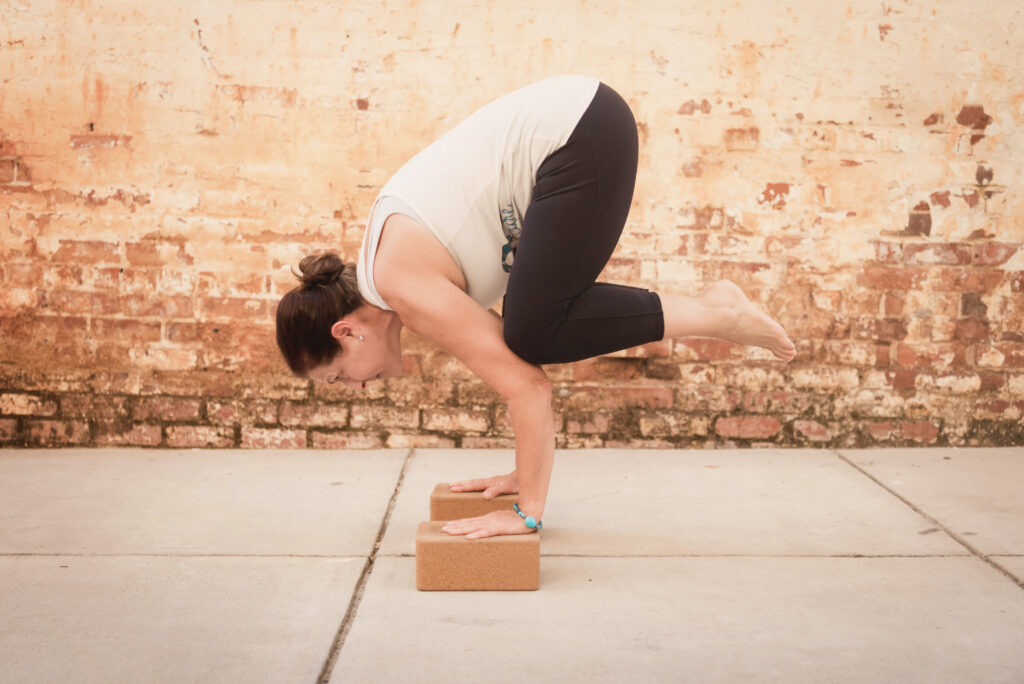
Move to Meet Your Mood
Forget “getting back in shape.” That old fitness framing is punishing and pointless. Post-remission bodies don’t always follow the same output rules. But what they do crave is circulation — blood, breath, momentum. Movement doesn’t have to be programmed to be potent. It’s a tool to modulate emotion, metabolize worry, and reclaim agency. Even short sessions can surprise you with how they boost emotional resilience, especially when done outside routine. You’re not trying to outperform — you’re trying to feel things move again. That counts.
Reclaim Direction Through Professional Growth
After remission, some days feel aimless — like your calendar lost its stakes. That’s why revisiting long-term aspirations can help anchor your forward motion. Structured learning with a master of business administration online builds more than credentials: it sharpens strategic decision-making and financial analysis — both of which strengthen your ability to evaluate options and lead your life with intention. You’re not hustling for status; you’re choosing rhythm and mental engagement on your own terms. When your identity gets rebuilt by choice instead of circumstance, healing takes on momentum.
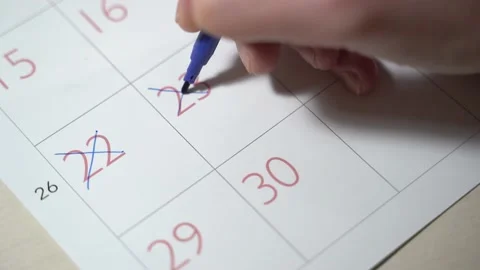
Don’t Let Scanxiety Steal the Week
You mark the calendar. You pretend you forgot. You feel it in your stomach days before. The scans that once saved your life now hold it hostage. “Scanxiety” isn’t irrational — it’s an embodied memory. You can’t logic it away, but you can develop distraction and grounding techniques that soften its grip. Think hand-based activities (puzzles, kneading dough, clay), structured conversations, or forward-scheduled tasks that claim your attention. You’re allowed to compartmentalize — that’s not denial. It’s survival architecture.
Watch for Leaks in Social Energy
Everyone’s relieved, and so they talk louder. They say you’re back. You’re not. Social energy post-treatment doesn’t refill the same way, and some conversations hit like sandpaper. Reclaiming your capacity starts with noticing who drains you — and who doesn’t. Let yourself connect with other survivors who won’t flinch at your language or your lulls. Social rest is a real category. It doesn’t mean isolation. It means choosing presence over performance. If a text feels like work, wait. That pause is intelligence, not guilt.
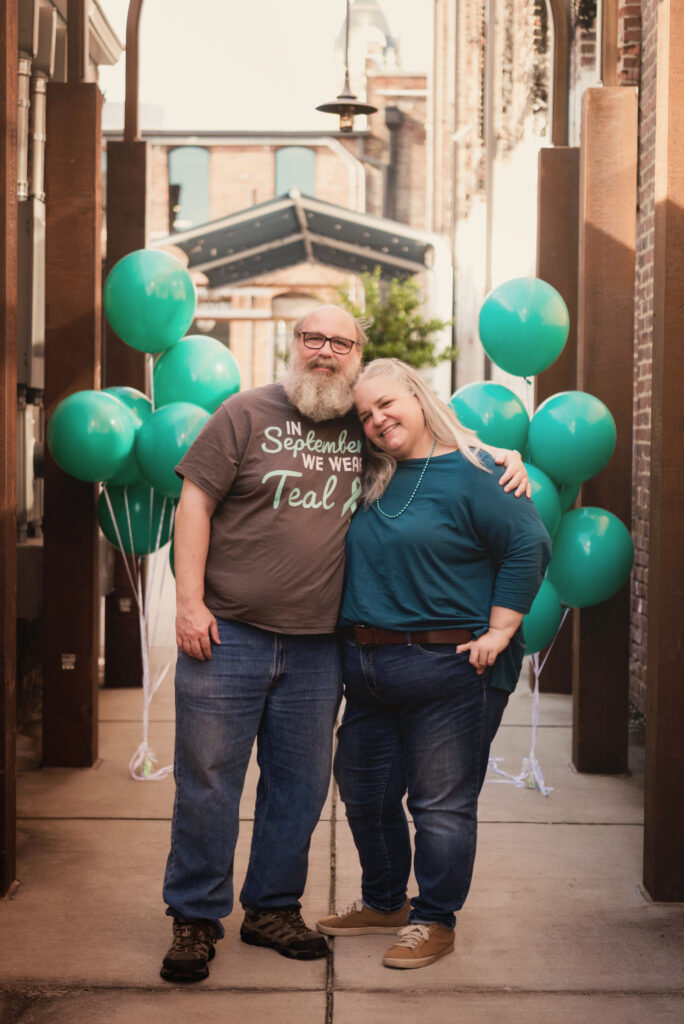
You Don’t Owe Anyone a Grand Narrative
You don’t have to “make sense” of everything. Some parts of your story don’t resolve, and some might never feel empowering. That’s not brokenness. That’s honesty. Closure doesn’t arrive on a timeline — it emerges in traces. You might express feelings through journaling, creative rituals, or micro-reflections that no one else reads. The pressure to package your experience into something motivational is a trap. Let ambiguity breathe. What you’ve survived already is the meaning — it doesn’t need a caption.
Remission is a threshold, not a finish line. It asks you to build from pieces that don’t always fit neatly — a mix of gratitude, grief, and unfinished rewiring. There’s no one blueprint for how to feel “whole,” but there are daily movements that help you feel here. No optimization needed. Just small, human-sized adjustments that acknowledge the full terrain of your recovery — cognitive, emotional, cellular. You don’t have to do it all. But if something in your day today feels more like you, that’s the work. That’s the win.
Join the Teal Diva community to connect with a sisterhood of strength, support, and empowerment for those impacted by gynecologic cancer, and discover how you can make a difference today!
